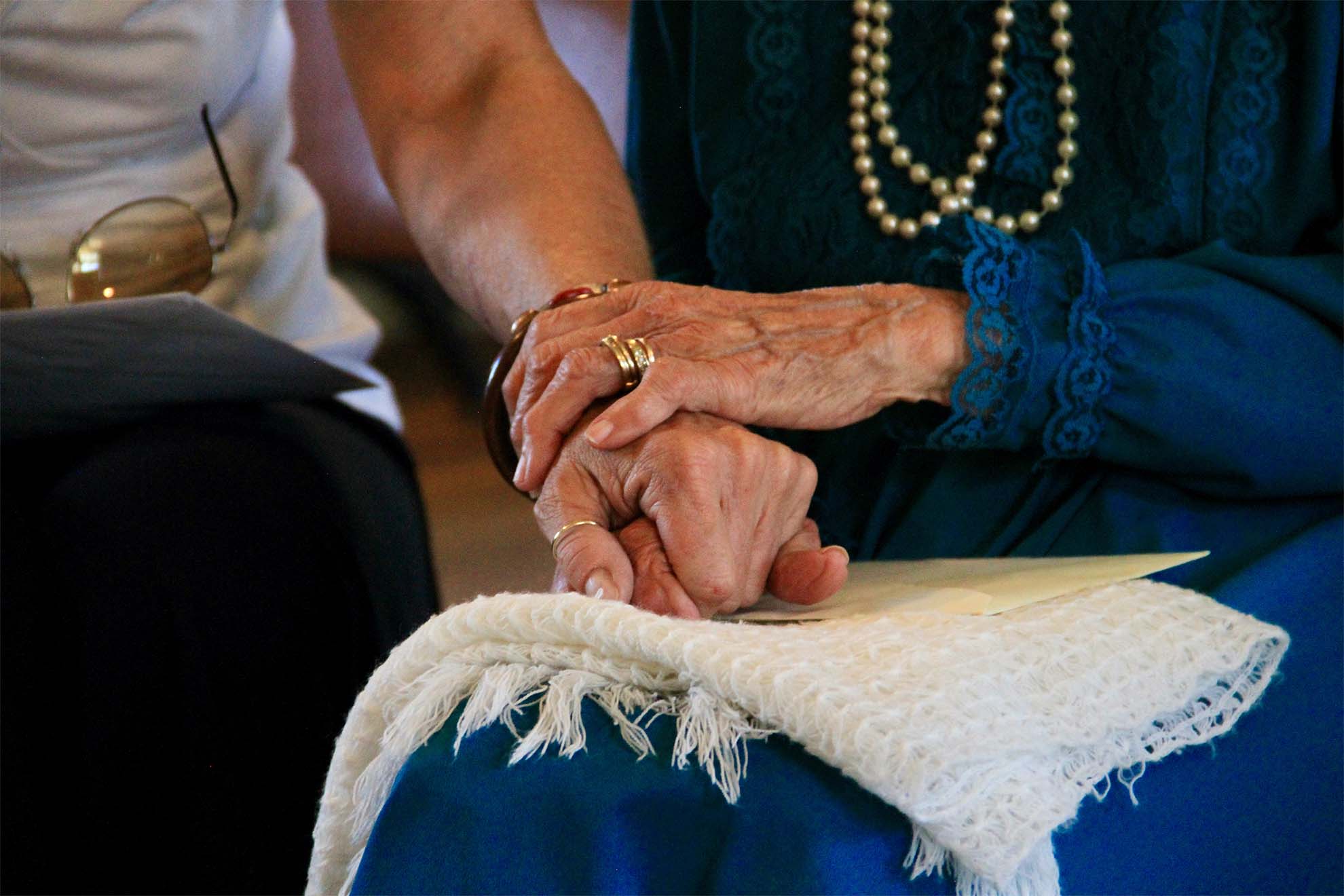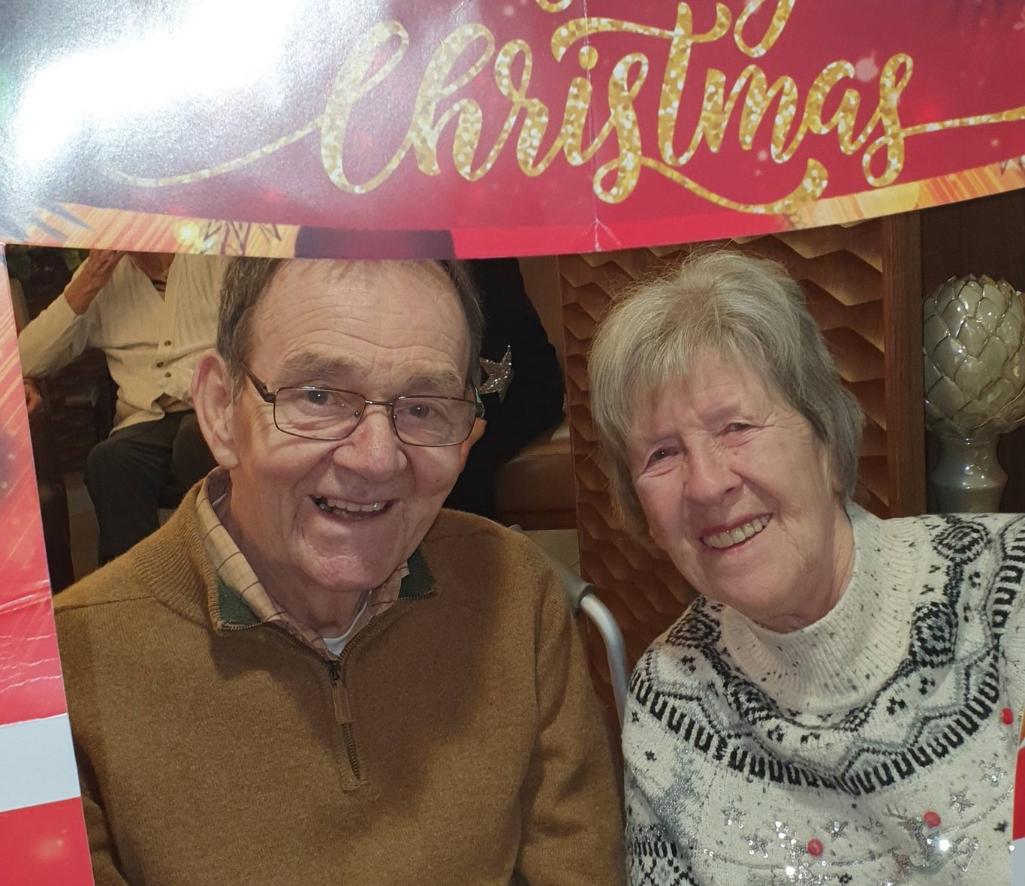What Support is Available for Palliative Care Residents?

Palliative care is a specialised form of medical care that focuses on improving the quality of life of people with a life limiting illness or advanced incurable illness. Whether someone is dealing with a long-term condition like motor neurone disease or facing a sudden catastrophic event, palliative care provides holistic support to both the resident and their family members. At Templeton House Care Home, we understand the significance of this compassionate approach, and we are dedicated to providing high quality care that addresses not only physical symptoms but also emotional, spiritual, and psychological needs.
Let's explore the wide range of support available for palliative care residents and how it is tailored to each individual's unique circumstances.
Understanding Palliative Care
Palliative care - sometimes called life care or supportive care - is provided to individuals with serious or terminal illnesses, whether they are in a nursing home, their own home, or a hospice setting. It is not limited to end of life care but begins at the point of diagnosis of a life threatening acute condition or advanced illness. The main aim is to relieve pain and manage symptoms while offering emotional support and spiritual care to help the individual live as comfortably as possible.
This type of care is suitable for a wide range of conditions, including cancer, heart failure, dementia, respiratory diseases, and other co existing conditions that are chronic or progressive in nature.
What Support is Available for Palliative Care Residents?
Support for palliative care residents is comprehensive and multifaceted. It involves the coordination of many healthcare professionals and services working together to provide individualised care. Here's an in-depth look at the various types of support available.
1. Medical Care and Symptom Management
Managing symptoms such as pain, nausea, breathlessness, and other distressing symptoms is a core element of palliative medicine. Consultants trained in palliative care develop tailored care plans that focus on pain and symptom control to maximum comfort.
Resident often receive regular visits from community palliative care nurses or district nurses who are trained in administering medications and monitoring symptom progression. Additional specialist palliative care may be provided through local hospice services or NHS palliative care teams.
Access to medications for symptom relief, including strong painkillers, is a crucial aspect of this support. These may be delivered through oral medications, patches, injections, or syringe drivers, depending on the resident's needs.
2. Nursing and Personal Care
Skilled nursing care is essential for palliative residents, especially those who require help with daily tasks such as bathing, dressing, and eating. At Templeton House, we arrange hands on nursing to ensure that each resident receives round-the-clock support.
Care assistants and nurses work together to deliver personal care while preserving dignity and independence wherever possible. They also monitor the resident's condition, noting any changes that may require medical intervention or adjustments to the care plan.
3. Emotional and Psychological Support
Facing a terminal illness or life limiting diagnosis can be emotionally overwhelming. Palliative care provides emotional support not just for residents but also for their family members. It involves psychological counselling and one to one advice from trained counsellors, social workers, or clinical psychologists.
At Templeton House, we recognise that emotional wellbeing is just as important as physical comfort. Out team takes time to listen to each resident's concerns and fears, providing compassionate reassurance and understanding throughout their journey.
4. Spiritual Support
Spiritual care is an essential part of palliative care, particularly during the end of life. Residents may have religious or spiritual beliefs that bring them comfort, and these should be acknowledged and respected.
Spiritual support is available through chaplains, faith leaders, or other professionals trained in providing non-denominational guidance. Whether it's prayer, medication, or simply having someone to talk to about life and legacy, these services help bring peace and comfort.
5. Family Involvement and Support
A person's family plays a crucial role in the palliative care process. Families often need support themselves as they navigate the emotional and practical challenges of having a loved one with an incurable illness.
We provide practical and emotional support to family members through regular updates, family meetings, and access to counselling or bereavement services. At times of crisis, we work closely with relatives to ensure care decisions reflect the resident's wishes and preferences.
6. Community-Based Support Services
Many palliative care services are delivered in conjunction with local community resources. Community palliative care nurses and community nurses frequently visit care home residents to provide ongoing support.
Other community support groups also offer valuable assistance, from peer-led gatherings for families to charitable organisations that help with financial or practical needs. Local authority teams may also be involved in helping residents and families navigate the complexities of accessing care or applying for funding.
7. Hospice Care and Local Service
Hospice care is a specialised form of palliative care provided by local hospices, either on-site or through outreach services. While hospices are often associated with end of life care, they also offer respite care and short-term symptom management.
Local hospice teams include doctors, nurses, social workers, therapists, and spiritual advisors who work together to provide holistic care. In some cases, residents may be referred to a hospice for a few days to manage a sudden crisis or for complex symptom control.
8. Specialist Palliative Care Teams
In more complex cases, specialist palliative care nurses and consultants trained in palliative medicine become involved. These professionals provide high-level expertise in managing difficult symptoms, coordinating services, and planning care for residents with an advanced incurable illness.
Specialist care may also include access to therapies such as physiotherapy, occupational therapy, and complementary treatments like massage or aromatherapy. These services contribute to a person's overall wellbeing and quality of life.
9. Holistic Care Approach
Palliative care adopts a holistic approach, addressing the whole person rather than just their illness. This includes:
- Physical care: pain relief, personal hygiene, mobility support
- Emotional care: counselling, companionship, and reducing anxiety
- Spiritual care: supporting faith and beliefs
- Social support: helping maintain relationships and social identity
- Practical help: assistance with legal matters, finances, and daily routines
This all-encompassing support system ensure that residents are cared for in a manner that respects their dignity and honours their wishes.
When Does Life Care Begin?
Palliative care is not just for the final stages of life. Life care can begin early, sometimes shortly after diagnosis of a terminal illness or a life threatening acute condition. Starting palliative care early allows time for careful planning, better symptom management, and improved quality of life throughout the illness trajectory.
Residents can continue to receive palliative care alongside treatments such as chemotherapy, dialysis, or radiotherapy. As the condition progresses, the focus may gradually shift more towards comfort and quality of life rather than curative interventions.
How to Access Palliative Care Services
Accessing care often begins with a referral from a GP, hospital doctor, or another healthcare professional. From there, a multidisciplinary team - including the palliative care team, community nurses, and other specialist professionals - is assembled to assess the resident's needs and develop a care plan.
Funding may be arranged through the NHS, local authority, or private means depending on the individual's financial situation and eligibility criteria. Our staff at Templeton House are experienced in helping residents and families navigate this process, making referral and coordinating with local service providers.
Compassionate, Comprehensive Support When it Matters Most
Palliative care is a lifeline for individuals facing a terminal or life limiting illness. It provides specialist care that goes far beyond medical treatment, offering emotional support, symptom relief, spiritual care, and practical assistance to both residents and their loved ones.
At Templeton House, we pride ourselves on delivering holistic care that meets the unique needs of each individual. Whether it's through close collaboration with community palliative care nurses, arranging hospice support, or simply offering a comforting hand to hold, we ensure that every resident receives the respect, compassion, and high quality care they deserve.
If you or your loved one is considering palliative care, please don't hesitate to get in touch with us. Our experienced team is here to help you understand what support is available for palliative care residents and guide you through every step of the journey.






